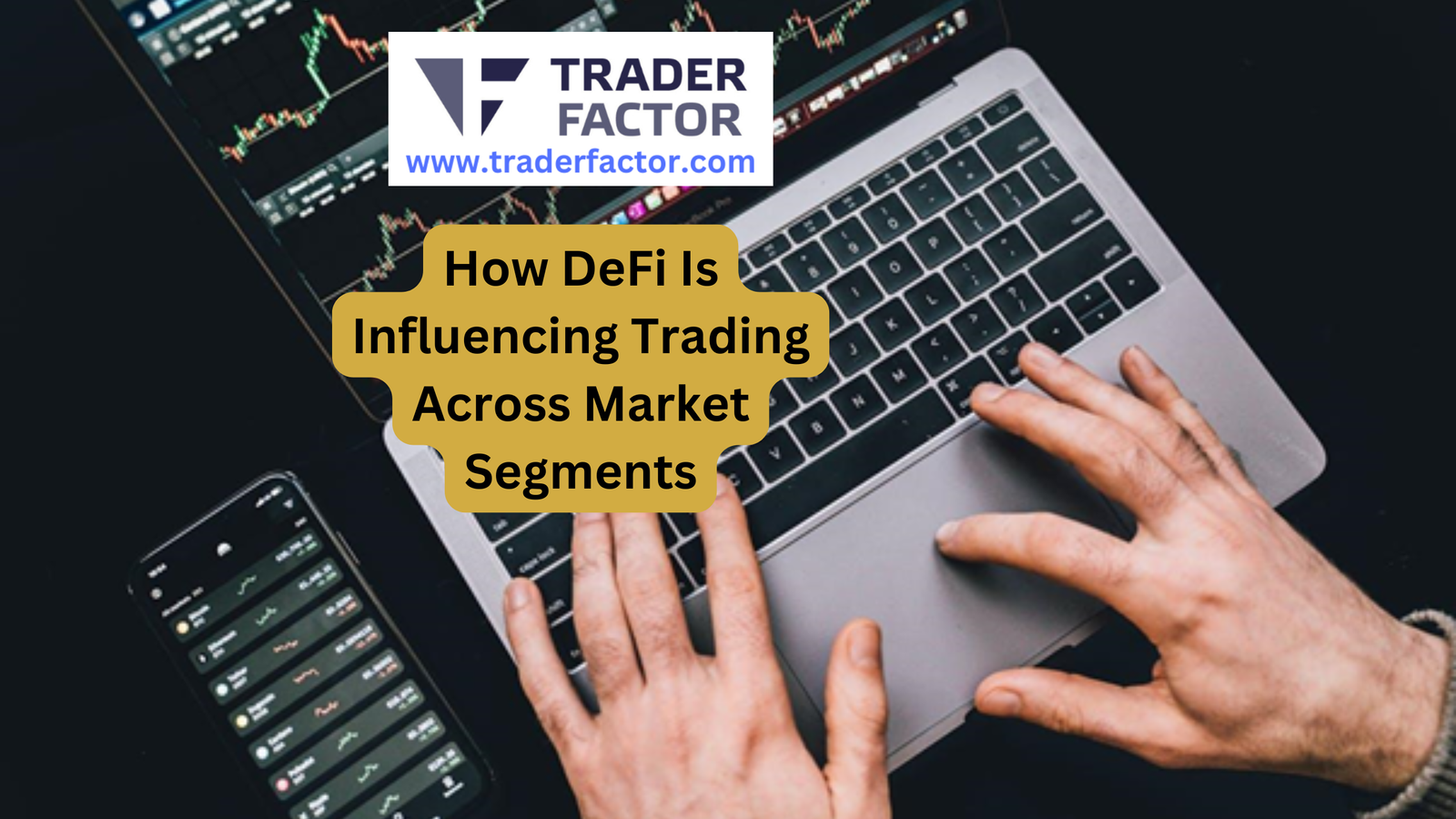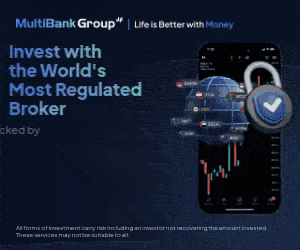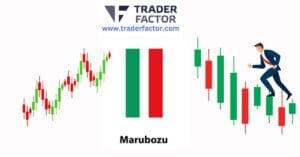The advent of decentralized finance (DeFi) has disrupted traditional finance in ways few had anticipated. DeFi has spread to all sorts of trading activities. It is no longer just a matter of cryptocurrency at all; it revolutionizes how we trade, invest, and think about money itself.
This article looks at how DeFi’s innovative concepts shape the future of trading and what that holds for various sectors.
Table of Contents
ToggleDeFi Definition
Decentralized Finance (DeFi) refers to a financial ecosystem built on blockchain technology that aims to improve and replace traditional financial systems. It operates through decentralized networks, removing the need for intermediaries like banks or brokers. DeFi offers increased transparency, as all transactions are recorded on public blockchains, and greater accessibility, allowing anyone with an internet connection to participate.
Key services within DeFi include lending, borrowing, trading, and earning interest, all facilitated by smart contracts, self-executing programs on the blockchain. This innovative approach empowers users with direct control over their assets and promotes open, borderless financial interaction.
DeFi’s Core: Decentralization and Transparency
At the heart of DeFi is the idea of decentralization removing “reliance” on central institutions (such as banks, brokerages, and exchanges). By using blockchain technology, DeFi platforms provide the means for one to directly trade, lend, or borrow assets. This avoids having to rely on intermediaries.
This decentralized pattern of things creates transparency. Everyone can read what is written on the public ledger: one can find out for oneself whether or not a transaction really took place simply by looking at the blockchain. This not only prevents forgeries, although it most certainly does, it also means more security and a considerable reduction of traditional barriers to entry for many traders.
Diversifying Away from Cryptos: The Next Phase Era of DeFi
In its infancy, DeFi was mostly a cryptocurrency industry phenomenon. However, we’ve since seen the rise of centralized exchanges and DEXes. One clear example is in the area of traditional commodities. Commodity markets like metals, energy, and agricultural products are now being tokenized through DeFi protocols: people can buy physical commodities or short-sell them on DEXes. The result is better liquidity in these markets than ever before precisely because they were essentially owned only by huge institutions in the past.
Thus, we now have a world where decentralized derivatives markets can be created. Traders can produce financial instruments themselves which draw their value from the performance of commodities. Thanks to decentralized oracles, blockchain data can be securely integrated into smart contracts, thus ensuring that these financial instruments remain accurate and reliable.
How DeFi is Influencing Smart Contracts
Smart contracts are playing a major role in other areas too, including in the world of entertainment – a long way away from those commodity markets, so a good example of how broad the applications are. Take a platform like Ignition Casino, for instance. Would you expect smart contracts to have any bearing on this? Well, they do. A smart contract is automatically enforceable, and the results can be viewed by everyone on the blockchain. This allows players to confirm that the casino games like poker are paying out as expected, and are fair and unbiased.
So imagine you’re playing Ignition poker and you want to check your win has been recorded as it should be – all you’d have to do is go to the blockchain and verify that particular node. It’s that simple. Crypto casinos like Ignition and many others have recognized the value of this and started implementing it throughout their systems – offering a win to players and to the platforms. The same principles could be applied across a range of industries to create trust and provable fairness.
How DeFi Meets AI
AI is also changing the very nature of DeFi. It is teaching traders new ways to analyze markets. For example, algorithms have been developed that help people parse blockchain data using AI; this allows them to identify patterns in the medium and other opportunities, often ones that are so subtle they would once have gone undiscovered. In addition, when DeFi and AI are combined—in this case, that means intelligent programs making trades based on current data—it is possible for markets to become more effective, reducing human error and improving profitability. That means these new computerized systems are increasingly attractive for everyone involved in this field.
Using an AI-based DeFi trading platform, traders can enact DeFi strategies more profitably by predicting market movements with greater accuracy. If you want to identify potential growth areas for example, some analysts suggest that you might look at stocks under $5. Studying these in the light of DeFi could turn up even richer pickings still. The merging of DeFi with AI opens up a new world for traders, allowing them to automate their strategies and be on top in markets 24/7. The potential result of greater intelligence combined with data in decentralized markets could totally change how people look at risk and reward.
The Outdated Age of Traditional Finance
Because DeFi does not need to have any middlemen, traders have more control over their assets. This freedom allows individuals to use information from the immediate situation, and is more efficient than the slow, inconclusive processes used in traditional finance. The peer-to-peer nature of DeFi means that users engage with smart contracts directly, thereby removing the need for third parties, and on many occasions cutting out transaction charges.
Influencing the High Seas of Cryptocurrency Trading
DeFi has impacted cryptocurrency trading to an enormous degree. Decentralized exchanges have grown incredibly popular, enabling users to switch digital currencies without needing a central platform. The ease and speed with which operations are conducted make DEXes an attractive option for traders who desire that flexibility.
DeFi’s growing participation and its increased visibility have made it easier for people to operate in the trading world without encountering some of the traditional problems and drawbacks. This is true not just for experienced financial investors, but also small individual traders eager to pick up opportunities in decentralized markets.
DeFi impact on Stock Markets, Currency and Commodity Trading
Decentralized Finance (DeFi) is transforming stock markets, currency trading, and commodity trading by introducing tokenization, which allows assets to be broken into smaller, easily tradable units. This innovation reduces reliance on intermediaries, cutting costs and increasing accessibility for global users. DeFi also enhances transparency through blockchain technology, providing real-time tracking of transactions. While these advancements promote efficiency and inclusion, challenges like regulatory uncertainty and technological risks still need to be addressed for widespread adoption.
Frequently Asked Questions

What is an advantage of DeFi systems over other designs?
DeFi systems remove intermediaries, allowing users to have direct control over their assets. This increases transparency, reduces costs, and promotes financial inclusivity by providing access to financial services for anyone with an internet connection.
What is a DeFi in trading?
DeFi in trading refers to using decentralized platforms and protocols for buying, selling, and exchanging assets. These platforms operate on blockchain technology, enabling peer-to-peer transactions without centralized exchanges.
What is market making on DeFi?
Market making on DeFi involves providing liquidity to decentralized exchanges by depositing pairs of assets in liquidity pools. This helps ensure smooth trading and allows market makers to earn fees from each trade in the pool.
What is a DeFi prediction market?
A DeFi prediction market allows users to bet on the outcome of events, such as elections or sports, using decentralized platforms. These markets operate transparently on blockchain and are governed by smart contracts.
What is the effect of DeFi technologies?
DeFi technologies are transforming finance by providing greater transparency, accessibility, and security. They empower individuals to access services like lending, borrowing, and trading without relying on traditional financial institutions.
How big is the DeFi industry market?
The DeFi market has grown rapidly, with the total value locked (TVL) in DeFi protocols reaching billions of dollars. Its size continues to expand as more users and institutions adopt decentralized financial systems.
What problems does DeFi solve?
DeFi addresses issues like high fees, lack of financial access, and reliance on intermediaries in traditional systems. It offers a more open, decentralized, and transparent approach to financial services, increasing efficiency and global inclusivity.
How to invest in DeFi?
To invest in DeFi, you can participate in liquidity pools, stake tokens, or use lending and borrowing platforms. Research thoroughly and use secure wallets to interact with trusted DeFi applications.
What is DeFi Crypto and DeFi Crypto list?
DeFi Crypto refers to cryptocurrencies used within DeFi ecosystems, such as tokens powering decentralized lending, trading, or liquidity protocols. Examples include Ethereum (ETH), Uniswap (UNI), and Aave (AAVE).
Name three DeFi examples?
Three examples of DeFi platforms are Uniswap (decentralized exchange), Aave (lending and borrowing), and Compound (automated interest earning). These platforms showcase DeFi’s potential to replace traditional financial services.

Conclusion
DeFi is reshaping financial systems by enhancing accessibility, transparency, and efficiency across services like trading, lending, and investing. Its decentralized nature reduces barriers and empowers users worldwide, promoting financial inclusion. With ongoing innovation, DeFi continues to redefine traditional paradigms, paving the way for a more open, global, and equitable financial future.
Disclaimer:
All information has been prepared by TraderFactor or partners. The information does not contain a record of TraderFactor or partner’s prices or an offer of or solicitation for a transaction in any financial instrument. No representation or warranty is given as to the accuracy or completeness of this information. Any material provided does not have regard to the specific investment objective and financial situation of any person who may read it. Past performance is not a reliable indicator of future performance.















